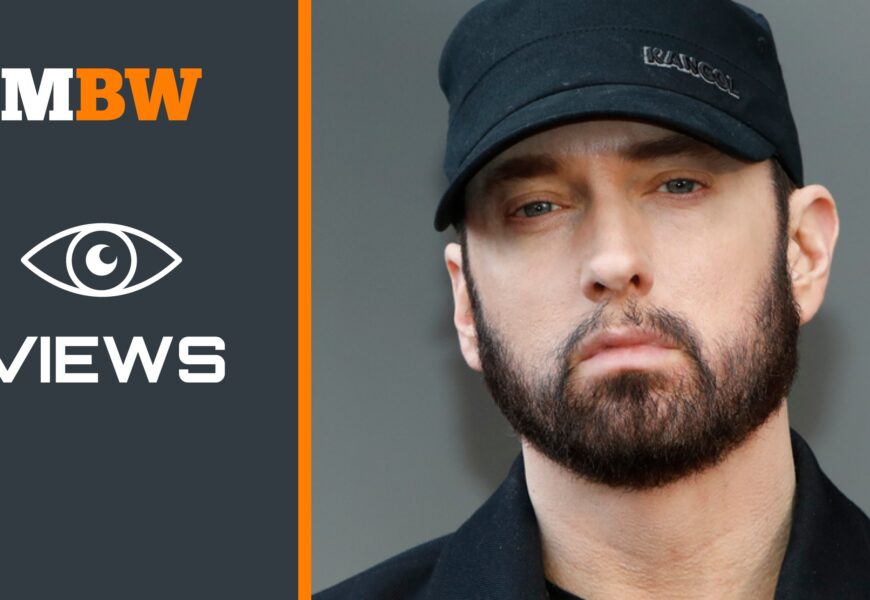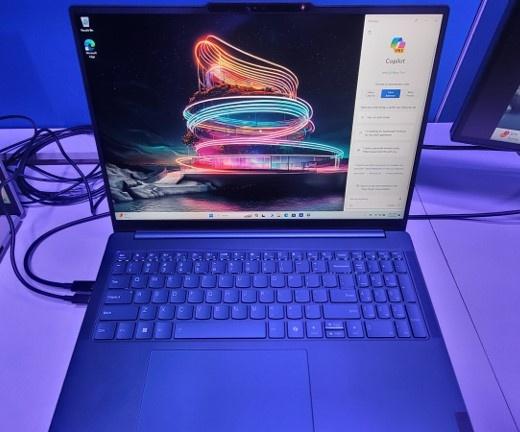The following opinion piece is by Ed Newton-Rex, the CEO of Fairly Trained, an ethical generative AI non-profit organization. Newton-Rex, an experienced professional in the field of generative AI, previously held the position of VP Audio at Stability AI and founded JukeDeck, which was acquired by TikTok/ByteDance in 2019.
In this article, Newton-Rex shifts the focus to Suno, a music AI platform that has been making waves in the industry. Suno has garnered attention, particularly after a recent Rolling Stone article likened it to a “ChatGPT for Music.” Mikey Shulman, one of Suno’s co-founders, envisions a future where a billion users paying \(10 per month could collectively generate songs worth \)120 billion annually using Suno’s platform. Suno prides itself on empowering users to create quality music through text prompts resembling ChatGPT interactions or by inputting lyrics, with the platform generating melodies, harmonies, and full compositions based on these inputs. Notably, Suno’s collaboration with Microsoft through Copilot further solidifies its position in the industry.
Newton-Rex, a classical composer, delves into his recent experiences with Suno, expressing intrigue at the platform’s output, which he suggests draws direct inspiration from iconic musical legends. He proceeds to highlight instances where Suno’s creations bear striking resemblances to popular copyrighted music tracks.
Generative AI companies have gained immense popularity by providing users with tools to generate various forms of content, including text, images, and music. However, concerns have arisen regarding the unauthorized use of copyrighted material in training these AI models, leading to legal disputes and ethical dilemmas within the industry. Suno, known for its music generation capabilities, faces scrutiny over its training data sources, with speculations that copyrighted material may have been utilized without proper authorization.
Newton-Rex and others have observed instances where Suno’s output closely mirrors copyrighted music across different elements such as melodies, chord progressions, lyrics, and styles. These similarities raise questions about Suno’s training practices and potential copyright infringements. The article emphasizes the importance of transparency in training data sources and advocates for licensing agreements to uphold creators’ rights in the generative AI landscape.
The piece concludes by underscoring the need for clarity from Suno regarding its training data and the significance of establishing a framework for licensing data used in generative AI models. It highlights the potential impact of AI-generated music on the market for original compositions and the necessity of ethical practices to ensure a harmonious coexistence between the music industry and generative AI technologies.
Despite attempts to reach out to Suno for comment, the company remained unresponsive at the time of publication.










